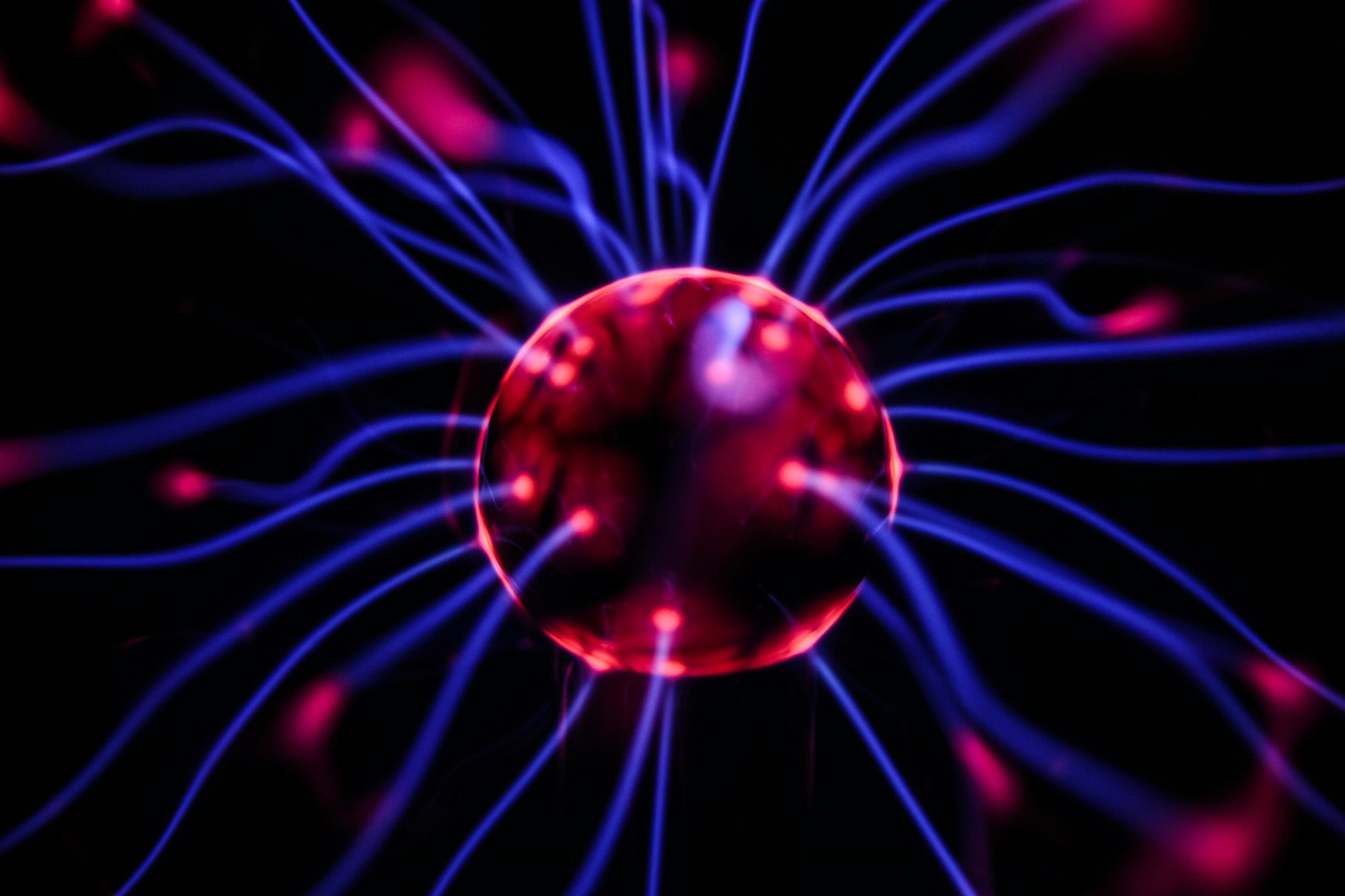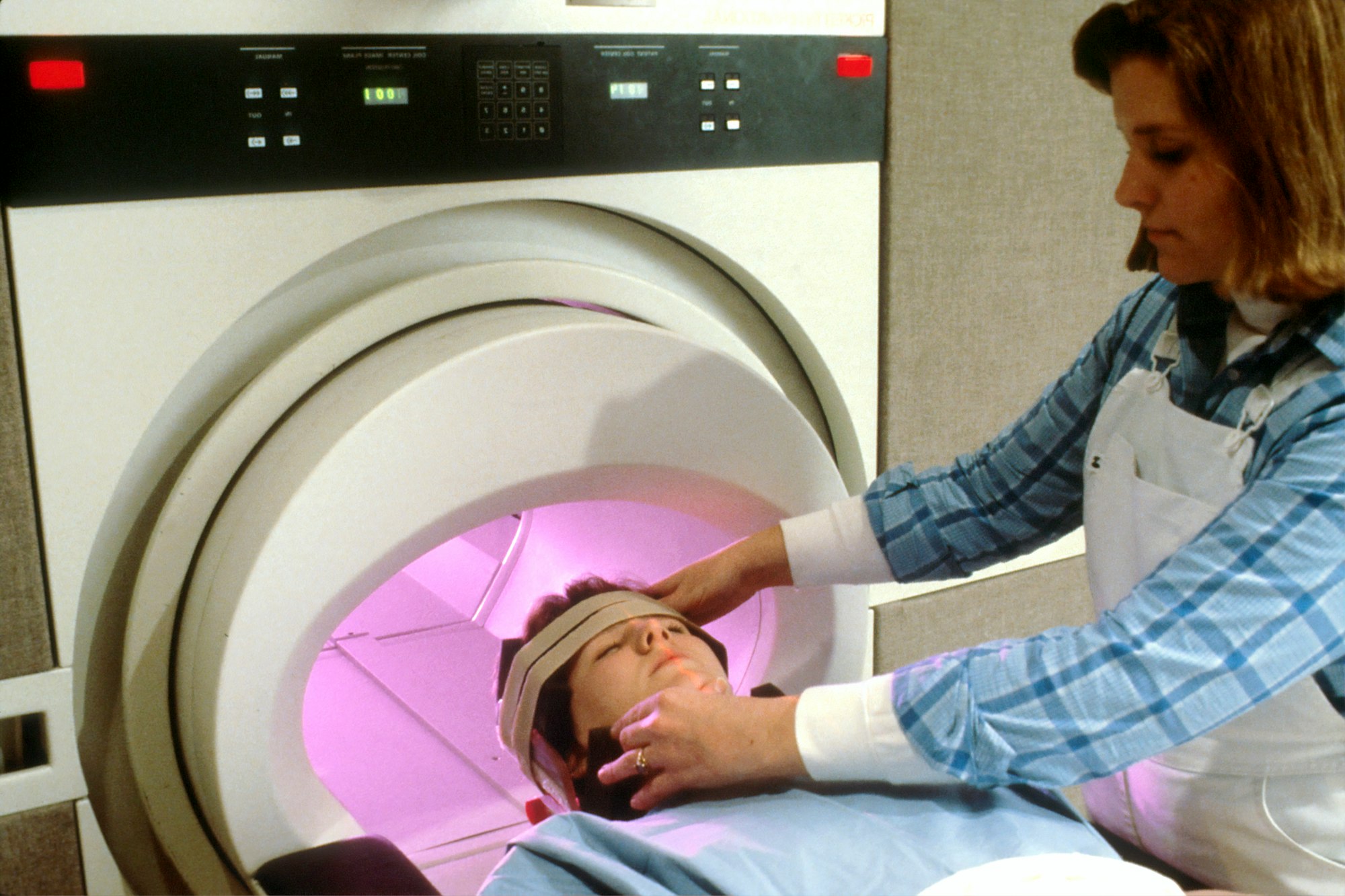How alcohol changes your mind and all you should know about it
What Alcohol Means for Your Health
Do you indulge in a glass of wine every now and then? You are not alone. Over 86 percent of people ages 18 or older have reported drinking alcohol at some point in their lives. While occasional drinking is not likely to cause problems, moderate or heavy drinking can impact the brain, and alcohol can cause deficits over time if abused.
Alcohol in Your Body
Once ingested, alcohol affects your body quickly. It is absorbed through the lining of your stomach into your bloodstream, which then diffuses it into biological tissues throughout your body. Alcohol reaches your brain in only five minutes, with immediate effects appearing within 10 minutes.

After 20 minutes, your liver begins processing the alcohol. On average, the liver can metabolize 1 ounce of alcohol every hour. A blood alcohol level of 0.08, the legal limit for drinking, takes around five and a half hours to leave your system. Alcohol will remain in your urine for up to 80 hours and in your hair follicles for up to three months.
Your Brain on Alcohol
While alcohol is absorbed throughout your entire body, it particularly takes its toll on the brain. Alcohol interferes with the brain’s communication pathways, and can affect how your brain processes information.
There are several stages of alcohol consumption:
- Euphoria. During the beginning stages of drinking, alcohol increases the release of dopamine, which creates a pleasurable sensation. During euphoria, you will feel relaxed but also experience minor impairment of reasoning and memory.
- Depression, disorientation and memory loss. Once the blood alcohol level reaches beyond 0.05 blood alcohol content (BAC), blood and body tissue begin to absorb the extra alcohol, and euphoria turns to depression.
- Excitement. At this stage, with a BAC from roughly 0.09 to 0.25, you are now legally intoxicated. The occipital lobe, temporal lobe and frontal lobe are all responsible for some of the deficits you experience at this level of alcohol consumption, including blurred vision, slurred speech and hearing, and lack of control, respectively. The parietal lobe, which processes sensory information, is also affected, causing loss of fine motor skills and a slower reaction time.
- Confusion. A BAC of 0.18 to 0.3 typically manifests itself as disorientation. Your cerebellum, which helps with coordination, is impacted. As a result, you may need help walking or standing. Blackouts, or the temporary loss of consciousness or memory, are also likely to occur at this stage of consumption. This is a result of the hippocampus, the region of the brain that is responsible for making new memories, functioning improperly.
- Stupor. If you reach a BAC of 0.25 to 0.40, you may experience some concerning symptoms that suggest alcohol poisoning has occurred. At this time, all mental, physical and sensory functions are severely impaired. The risk for asphyxiation or injury is high.
- Coma. At a BAC of 0.35, you have the potential for going into a coma as a result of compromised respiration and circulation, motor responses and reflexes.
- Death. A BAC over 0.45 may result in death due to alcohol poisoning or a failure of the brain to control all of the body’s vital physical functions.
Drinking and Driving

The impaired judgment you experience when drinking alcohol may cause you to think that you are still able to drive, regardless of your BAC. Drivers with a BAC of .08 are 11 times more likely to be killed in a single-vehicle crash than non-drinking drivers. Some states have enacted increased penalties for those driving with high blood alcohol content (.15 to .20 BAC or above) due to the increased risk of fatal accidents.
How Much Is Too Much?

Your body’s response to alcohol depends on a variety of factors, including age, gender, overall health, how much you drink, how long you have been drinking and how often you normally drink.
Occasional drinkers will typically recover once sobriety is reached. However, while their judgment is impaired, they may make poor decisions with lasting effects, such as driving under the influence.
Moderate drinkers, or those who consume one or two drinks per day, can have increased risks for breast cancer. They may also be prone to increased violence or accidents.
Heavy or chronic drinking is categorized as drinking heavily over an extended period of time. For women, this is classified as more than three drinks on any day or seven per week. For men, it’s more than four drinks per day or 14 per week. For perspective, a bottle of wine consists of five drinks.
Alcohol Abuse and Its Lasting Effects
Consistent abuse of alcohol can leave lasting damage. Over time, excessive drinking can lead to mental health problems, such as depression and anxiety. Alcohol abuse can lead to increased risk for certain types of cancers as well as severe brain damage. Alcohol abuse can lead to Wernicke-Korsakoff syndrome (WKS), which is characterized by amnesia, extreme confusion and visual disturbances. WKS is a brain disorder caused by a thiamine deficiency, or lack of vitamin B-1. A regimen of vitamins and magnesium, along with abstinence from alcohol, may improve symptoms.
Consistent abuse of alcohol can leave lasting damage. Over time, excessive drinking can lead to mental health problems, such as depression and anxiety. Alcohol abuse can lead to increased risk for certain types of cancers as well as severe brain damage. Alcohol abuse can lead to Wernicke-Korsakoff syndrome (WKS), which is characterized by amnesia, extreme confusion and visual disturbances. WKS is a brain disorder caused by a thiamine deficiency, or lack of vitamin B-1. A regimen of vitamins and magnesium, along with abstinence from alcohol, may improve symptoms.
Some other sides
Most people with alcohol dependence have experienced the memory problems and slowed thinking that come with alcohol use. While drinking, they may have difficulty recalling memories or remembering new information, such as a person's name. Afterward, they may experience a blackout: an inability to remember entire conversations or events that occurred while they were drinking. It is less commonly known why these side effects occur and how heavy drinking can eventually cause serious long-term damage to the brain. But what happens to alcoholics in recovery? Can damage caused by heavy drinking ever be reversed?
How Does Alcohol Affect the Brain?

Alcohol has a profound effect on the complex structures of the brain. It blocks chemical signals between brain cells (called neurons), leading to the common immediate symptoms of intoxication, including impulsive behavior, slurred speech, poor memory, and slowed reflexes. If heavy drinking continues over a long period of time, the brain adapts to the blocked signals by responding more dramatically to certain brain chemicals (called neurotransmitters). After alcohol leaves the system, the brain continues over activating the neurotransmitters, causing painful and potentially dangerous withdrawal symptoms that can damage brain cells. This damage is made worse by drinking binges and sudden withdrawal. Alcohol's damage to the brain can take several forms. The first is neurotoxicity, which occurs when neurons over react to neurotransmitters for too long. Too much exposure to a neurotransmitter can cause neurons to eventually "burn out." Since neurons make up the pathways between different parts of the brain, when they begin burning out, it can cause noticeable slowing in the reactions of these pathways. In addition to pathway damage, brain matter itself is also damaged by heavy alcohol use. People with alcohol dependence often experience "brain shrinkage," which is reduced volume of both gray matter (cell bodies) and white matter (cell pathways) over time. There are some subtle differences in how brain damage occurs in men and women, but regardless of gender, loss of brain matter increases with age and amount of alcohol consumed.

What are the observable effects of this damage? Since alcohol affects a large portion of the brain, many different kinds of cognitive impairment can occur as a result of heavy drinking, including problems with verbal fluency and verbal learning, processing speed, working memory, attention, problem solving, spatial processing, and impulsivity. Parts of the brain relating to memory and "higher functions" (e.g., problem solving and impulse control) are more susceptible to damage than other parts of the brain, so problems in these areas tend to be worse than others. Adolescents are especially at risk for long-lasting or permanent damage and performance deficits, since their most-impacted areas of the brain are still in development. Without treatment, cognitive impairment grows worse, eventually developing into a lasting syndrome known as alcohol-related dementia—which represents about 10% of all dementia cases (additionally, alcohol is estimated to contribute to roughly 29% of all other dementia cases). Cognitive deficits are made worse by malnutrition, especially a deficiency of vitamin B (a common deficiency in alcohol dependent individuals). Malnutrition and heavy alcohol use can cause serious impairments in memory and language over time and can potentially result in a permanent cognitive disorder called Wernicke-Korsakoff syndrome, which causes amnesia and can lead to coma if left untreated.
What Happens in Recovery?
For most people, the brain can heal. If started in time, abstinence from alcohol can reverse much of the physical damage caused by heavy drinking. Magnetic resonance imaging (MRI) studies are used to view and measure both the damage and improvement to tissue in all areas of the brain. These MRI studies have shown that lost gray matter volume due to chronic alcohol abuse begins to regenerate in as little as two weeks of abstinence. Increased brain tissue was also found in a study that scanned alcoholics after three months of abstinence, but there were no significant increases for patients who relapsed in the first three months, which suggests that relapsing into heavy alcohol use reverses the rapid regeneration that occurs soon after abstinence. A study of alcoholics after six months of continued abstinence or moderate resumption of alcohol use showed continued growth of brain tissue that was present among patients who had consumed small amounts of alcohol, suggesting that tissue damage is primarily the result of heavy or chronic alcohol use.

Just as brain damage leads to cognitive impairment, healed brain tissue leads to improved cognitive performance. In addition to improvements resulting from healed brain tissue, some cognitive improvement comes as a result of the brain adapting to the damage and creating new pathways to complete tasks impacted by neuron pathways damaged by alcohol abuse. Most noticeable improvement in cognitive function begins after one year of abstinence from alcohol, although longer periods of abstinence result in greater improvements. A meta-analysis of 12 areas of cognitive function among alcoholics found that cognitive performance was significantly improved across all 12 areas after one year of continuous abstinence, with only small differences between alcohol dependent and control subjects. Another study found that attention and working memory were significantly improved in patients who had remained abstinent from alcohol for at least one year, as compared to those who had been abstinent for less than one year.
Summary

Alcohol use can result in cognitive deficits, but several studies have shown that abstinence can reverse much of the physical and cognitive damage caused by heavy drinking if treatment begins in time. Therefore it is important that substance-dependent people seek help as soon as possible.
Research: Cognitive Improvement and Alcohol Recovery,
Northwestern Medicine
If you or someone you know needs help, please consult your physician or contact Alcoholics Anonymous.




